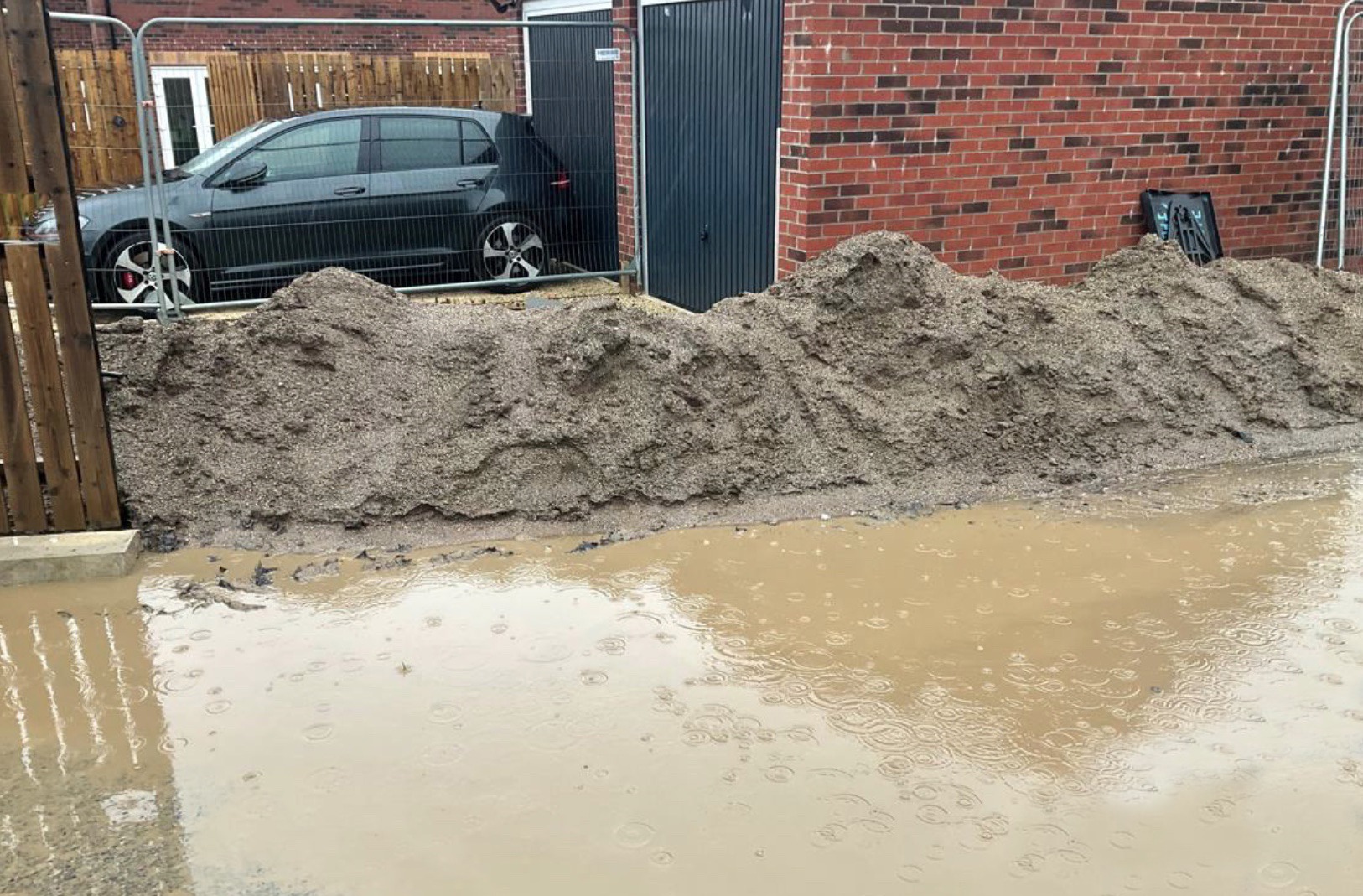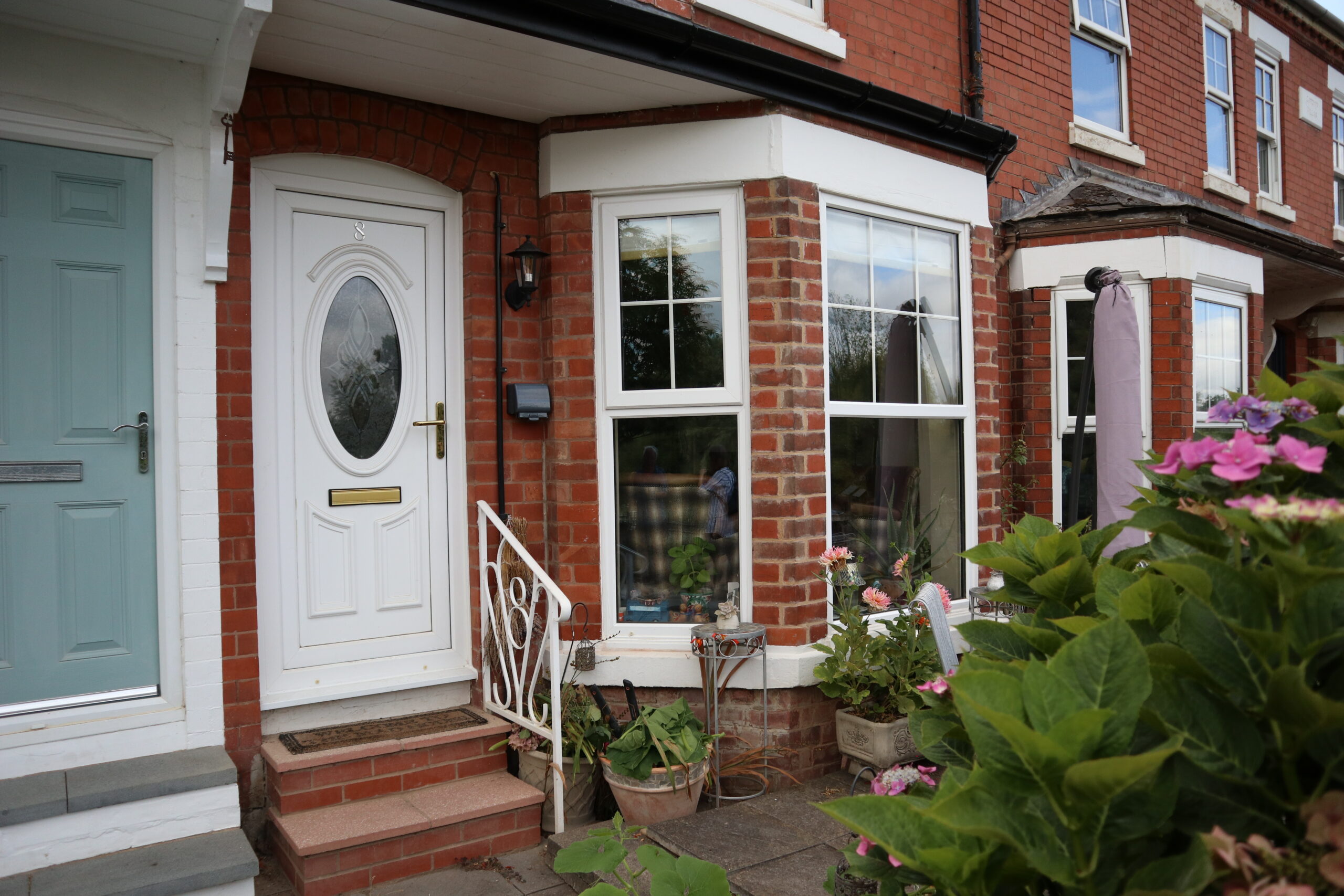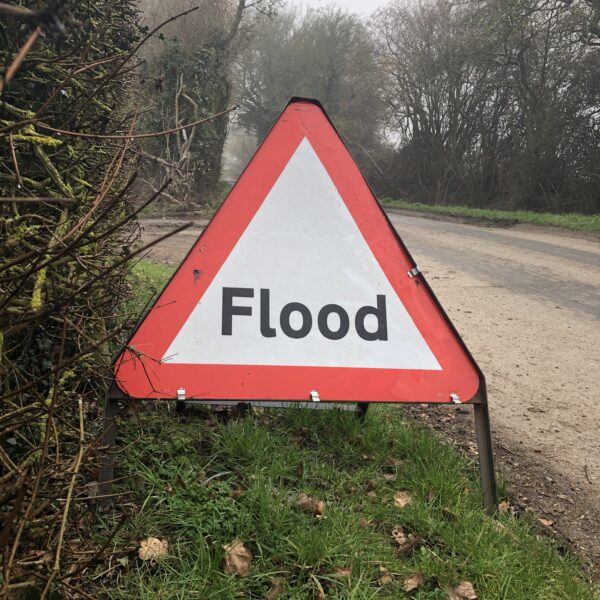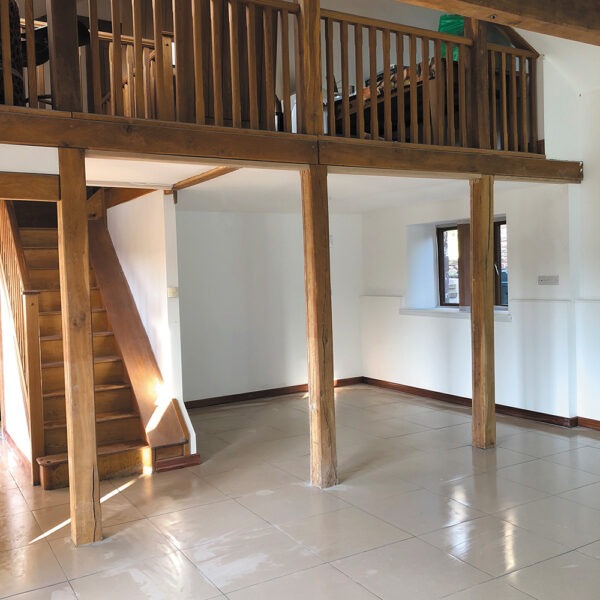
The Labour government is out of sync right now, and it’s worrying me!
Firstly, there is a huge push for 1.5 million new homes, with little consideration as to where they are built, or updating building regulations to ensure that houses are built to be flood resilient. Instead, houses are being built in flood-prone locations without a care for the consequences.
I have supported people who were flooded shortly after they moved into a new build. It broke them – financially and emotionally – and as a result they can no longer have flood insurance!
In my opinion, the Government is riding roughshod through local democracy in its desire to build. Local Authorities no longer have the financial resources to challenge developers at the appeal stage, leaving communities with a powerless feeling.
Speaking of Local Authorities, it is imperative that they are given more money to help them manage the growing risk of surface water floods. Drain maintenance budgets need a boost too so drains are cleaned more regularly, so they can take at least some of the rain that falls.
Without fail, every community I visit mentions unmaintained drains. Near my home, many drains are full to the top with mud, and this issue is echoed on a national level. This is because local authorities don’t have the money to keep things working.
And yet, Schedule 3 of the 2010 Flood and Water Management Act remains unenacted. Without it, new developments won’t have properly maintained sustainable urban drainage systems (SuDS), which mimic natural drainage and prevent runoff from overloading already stretched sewer systems (and increasing flood risk to communities).
Even if this law was enacted, there is skills shortage to manage in designing and maintaining SuDS. This must be addressed as a matter of urgency!
And wouldn’t it be wonderful if these new homes could be built with solar panels and sustainable grey water usage (using rainwater to flush the loos for example). This would future-proof these homes and make them fit for the inevitable water shortages we will face.
Whilst I welcome the new injection of funding to build more flood defences and urgently maintain existing ones (and to be fair this government inherited some woefully maintained defences!), it is still not enough. A recently published report states that the UK needs over £1 billion in annual investment just to keep pace with climate risks*.
It is essential that flood risk is managed holistically, with sustained investment in nature-based solutions, such as enhancing our soil, restoring peat lands and slowing the flow of water, and incentivising farmers to temporarily hold floodwater on their land during huge rainfall events.
I’m pleased that the flood funding formula is going to be reviewed, which I believe is long overdue. Too many communities at risk are waiting a long time for funding, while costs continue to go up. They are regularly left disappointed and let down.
What is needed is a straightforward and fair way to deliver value for money, and if the figures don’t add up, communities deserve honesty, and not empty promises that leave them hanging.
We absolutely have to face facts: flooding will always be with us. If we think it’s bad now, climate change promises to unleash far worse storms than we’ve seen yet. Adaptation must be at the top of our agenda, because if we don’t adapt, we are doomed!
Copyright: Mary Long-Dhonau February 2025



